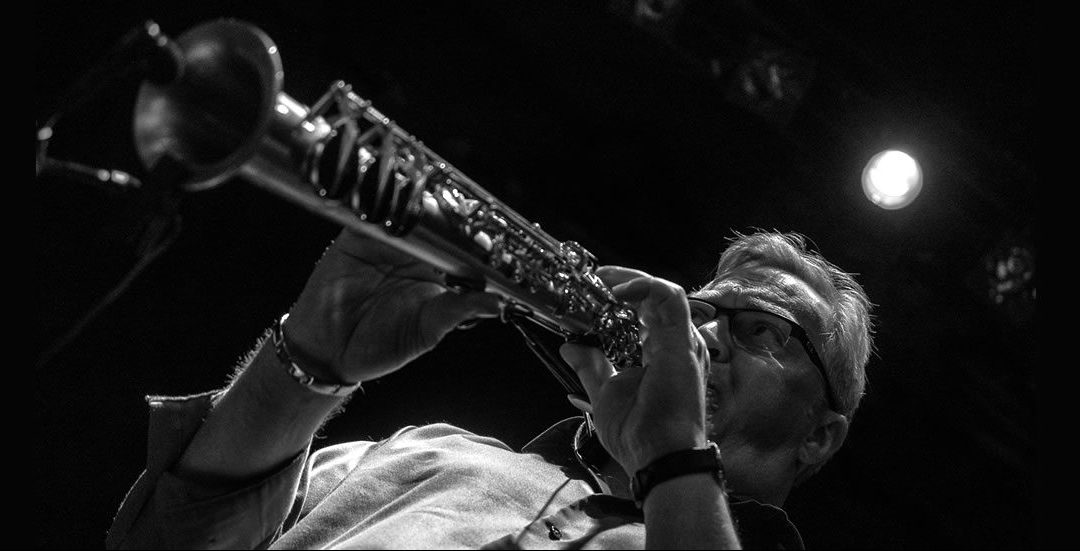
In & Out Jazz Kirk MacDonald Interview
In & Out Jazz Kirk MacDonald Interview
14
OCTUBRE, 2019
As one of Canada’s most respected leading saxophonists and composers, Kirk MacDonald (Sidney, Canadá. 1959), has had a huge and lasting influence on many of Canada’s younger generation of musicians. He plays with many leading International jazz musicians including Peter Bernstein, Rich Perry, Kurt Elling, David Virelles, Ralph Bowen, Dick Oatts, Ben Monder, Seamus Blake, Jonathan Blake, Lorne Lofsky, Bob Mover, Pat LaBarbera, John Taylor, Ron McClure, Adam Nussbaum, Jack DeJohnette, Mike Stern, Jim McNeely, Vince Mendoza, John Clayton, Bob Mintzer, Chris Potter, Glenn Ferris, Maria Schneider, Chris Mitchell, Danilo Pérez, Bobby Martínez, Bob Sands.
Awesome Kirk MacDonald Quartet: Music on Jazz at Lincoln Center
He has been nominated for four Juno Awards, with his album The Atlantic Sessions winning the 1999 Juno Award for Best Mainstream Jazz Album. Kirk MacDonald is presently a professor at Humber College in Toronto.
InandOutJazz: What do you offer that is different [to other musicians]?
Kirk MacDonald: All musicians that I’ve admired sound like themselves. Their playing and writing are connected, it’s very personal. I don’t try to sound like anyone else. I have influences like anyone, but I’ve always tried to develop myself as a player. I started writing music at a very early age and over time those two things(performance,composition) came together. I had certain interests musically that were able to help the process along. I have done a lot of composing over the years, I compose with myself in mind and try to compose music that I would enjoy playing. Other people play my songs as well but essentially I write for myself as a musician and as a player. I think that having figured out how to connect those things over the years could be something that attracts people to my music.
The model has been there all along, you know, you can trace the history of jazz and you’ll see that many of the iconic players of jazz music were also composers. In my music the compositional influence was not so much the old school players but stemmed more from the be-bop era on. The idea of performance, composition and playing were tied to the compositions the musicians were playing. And for me the great examples are people at the top who can be recognised as great innovators, like Charlie Parker who wrote their own lines on standards and were then able to connect that music more closely to the style they were playing. Lenny Tristano was also from that be bop period, he did a similar kind of thing. From there things started to branch out, not only in a linear sense but also in a harmonic sense. People like John Coltrane, whose music tended to explore harmony along with others like Wayne Shorter and later Woody Shaw, Joe Henderson, Bob Brookmeyer and a host of others.
Godwin Louis, Etienne Charles, Or Bareket, Harvel Nakundi y Jeremy Dumont (Madrid. Bogui Jazz Club, Julio 2019)
In your harmonies, are you challenging yourself when you are writing?
When I write it is a process of finding. I can take conceptual ideas and write tunes, I have done a lot of that, and that is a starting point, but if the music doesn’t feel natural to me I won’t perform it so you’ll never hear the tune. What I really try to do is to try to write songs that I would enjoy playing over a long period of time. And even though my tunes are more jazz compositions than standards, a lot of my tunes have a balance of a jazz sensibility similar to people like Coltrane, Horace Silver, Woody Shaw, Wayne Shorter, etc, with a melodic content influenced by the American Songbook composers like Irving Berlin, Cole Porter and many others. So for me it is a matter of balancing the three elements – rhythm, melody and harmony – and every song has a different kind of balance of that. I try to write with variety so as I am not always writing the same song or type of song over again. Sometimes the songs will be more rhythmic, melodic or harmonic in nature, but it’s usually a combination of all three, some kind of balance within that.
Do you use the piano to compose?
I mostly use the piano but not exclusively. Sometimes I will play progressions and I sing melodies, sometimes I’ll play the melodies on the piano. I’ve never been very successful at writing on the saxophone. I’ve tried it but it doesn’t really work for me. I think part of the reason is that once I’ve picked up the saxophone then I just feel like playing the horn.
I use my voice quite a bit. I have limited ability on the piano but I use it to write. I have developed a certain harmonic sense over the years, and I try to write strong melodies.That is a big part of what I do, and sometimes using the voice or the piano helps me stay in touch with that. Over time, your sensibility develops and it becomes a very natural process.
I think you are really humble because your tunes and harmonics are really advanced…
Oh, well they are challenging, people say that, but you know it is still balancing the elements. One of the models for me when composing is trying to put myself in a different mindset, thinking more like a classical composer, except that I am more of a songwriter. You know, when we are dealing with jazz music, we are dealing with shorter forms.A Classical composer may create a symphony or something that is maybe 45 minutes long, whereas if you play a standard tune, the melody may be like 30 or 45 seconds. So there is not a lot of time to develop the material in the same way, so often the song is more about pure melody rather than developing the composition and thematic material. Most of the time I work with shorter forms. Over the years I have learned how to do that, but I use compositional elements to connect the ideas. I think I wrote my first jazz tune when I was 15 and I would say there is very little that I have written between the age of 15 and my early 30s that I would ever consider playing, the tunes sound ok, but there is too much extra stuff in there. So in 15 or 20 years of writing I have learned how to edit and to put these things together.
The other thing you need to develop both as a composer and player, is taste. You need to know what to leave out. There is a quote I think from Aaron Copeland regarding composition ‘no more than is absolutely necessary’. There are certain little things like that that I try to remind myself of when I am writing, -‘does that chord need to be there?’ – no -, ‘does that melody need to be there?’ – no – then get rid of it. So for me when I am composing, it is very slow process, I take my time. I could write faster if I wanted, but I enjoy the process of exploring ideas and finding melodies. If you hang in there long enough and you are patient, then ideas and solutions will present themselves.
Now that you are in Spain and you are playing with big bands (Bob Sands Big Band) for example, is it a different repertoire?
Often times it will be finances that may be the determining factor in the format, small band, big band etc. Bob Sands had asked me to come in and do the gigs in Madrid, and I was really excited about doing it with a Big Band and also a quintet, I thought that would be great. I had performed with Daniel Garcia before, at least three or four times with Bobby Martinez, and I performed with Pablo Gutiérrez a few times before as well. They are really wonderful musicians, so I knew there would be no problem with that. For the big band I sent some music over, and Dani and Pablo have played some of this stuff, and when Bob talked about the Big Band thing I thought about two things; I thought with my Big Band I basically I have got two arrangers and they are very different, one is more of an orchestrator and one is more of a natural composer. One of the writers would stay closer to orchestrating what I wrote, you know, if it was a septet thing, he would be using some of my voicings, – that would be Terry Promane, like Family Suite – so that would be very close to the original recordings of that, which were small band recordings. Joe Sullivan [on the other hand] does a lot of recording and has his own Big Band, and he goes the other way, he rewrites my tunes, sometimes they are even unrecognisable, because for him if he can’t do something personal with it, he’s not interested, because he writes his own music. Joe and I have this real musical connection, he finds different things in his writing of my music, and I hear a lot of different things; he goes a lot of different places with my music. He really makes it very much his own. So I wanted music from both those guys.
I did three Big Band CDs, the first one was about half and half- with both Terry and Joe splitting the writing of the arrangements, the second one was Family Suite which is an 11 movement suite, which is the whole CD, and basically that was Terry’s orchestration. Then the last was a double CD where I wanted to feature all Joe’s writing because he had done a number of my compositions that I hadn’t recorded yet, I also commissioned him to arrange five more for the last CD ‘Common Ground’
Recorda Me – Senensky, LaBarbera, MacDonald, Riley at The Orbit Room
KIRK MACDONALD & BOBBY MARTINEZ QUINTET / Bogui Jazz
«You See but You Don’t Hear»
I sent this stuff over to Bob Sands and to be honest with you I don’t even remember what I sent [Laughs], but I think the repertoire is totally different to what we were playing in the Quintet. With the Quintet I was thinking about compositions that I have that work well with two saxophones, and also the fact that Pablo and Daniel have played some of my music before, things that maybe they were a bit familiar with, because, you know, we were in Valencia on Tuesday and we had 45 minutes to rehearse and soundcheck before the gig, so oftentimes it is just practicality, you don’t have time to do much, so you put things together pretty quickly. So this time the repertoire with this band is different than with Fabio Miano who I will be working with in quartet. The first time I came to Spain was with Fabio was in 1997, and I have come to Spain many times and worked with Fabio and over the years I have met a lot of different musicians, and so now I have established many relationships with musicians in different places. I love working with different musicians, it keeps it fresh, everybody is into it, and it raises the level. It is a wonderful exchange, it is really uplifting for me to hear different people in different cities and countries and the musicians are so dedicated; if they believe the music is good, they are very supportive, they do their homework and they do the best they can with your music, and that is no different to anywhere else in the world. Over the years I have made contact with musicians in a number of different places so I can come out and play music at a level that feels really good to me.
Kirk MacDonald Quintet with Harold Mabern & Pat LaBarbera at The Rex
Fabio is coming out to do some things in France with me, after Spain, we will be in Aix-en-Provence and Paris before I move on to Nice, Lyon and Annecy to guest with pianist Phillip Martell.I am using musicians from Paris that I have worked with in the past and they play great too. The great thing about this music is it embraces different personalities; it is open enough that you can include influences from a lot of different places, that is why I enjoy playing with different people because you get different perspectives on the music. Of course we are talking about the music being taken care of first [he raises his hand up to indicate quality] but once you are there you get all these different influences.
That is the other thing about simplicity, is that there is room in the music – that is something else I consider as I am writing. So that is the difference between a classical and a jazz composer – it is that I am going to be playing this music, and I am not wanting the music to sound the same every night, I want to create something where the foundation is strong enough to be treated in different ways. And also the concept of the Big Band is the same thing. If I’ve written a good tune and you were the arranger you should be able to do something with that, that would bring out something unique in that tune. Look at some tunes that have been recorded many times; how many different versions do you have of My Funny Valentine, or But Not For Me or Body and Soul –Dexter Gordon, John Coltrane, Sonny Rollins, those are just some of the tenor players that recorded Body and Soul for example, and they all do something different with it, so tunes/compositions can be like a palette for musicians to bring their own perspective to it.
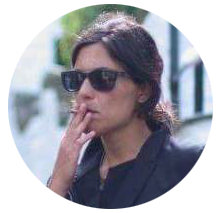
Escrito por Begoña Villalobos
14 de Octubre de 2019

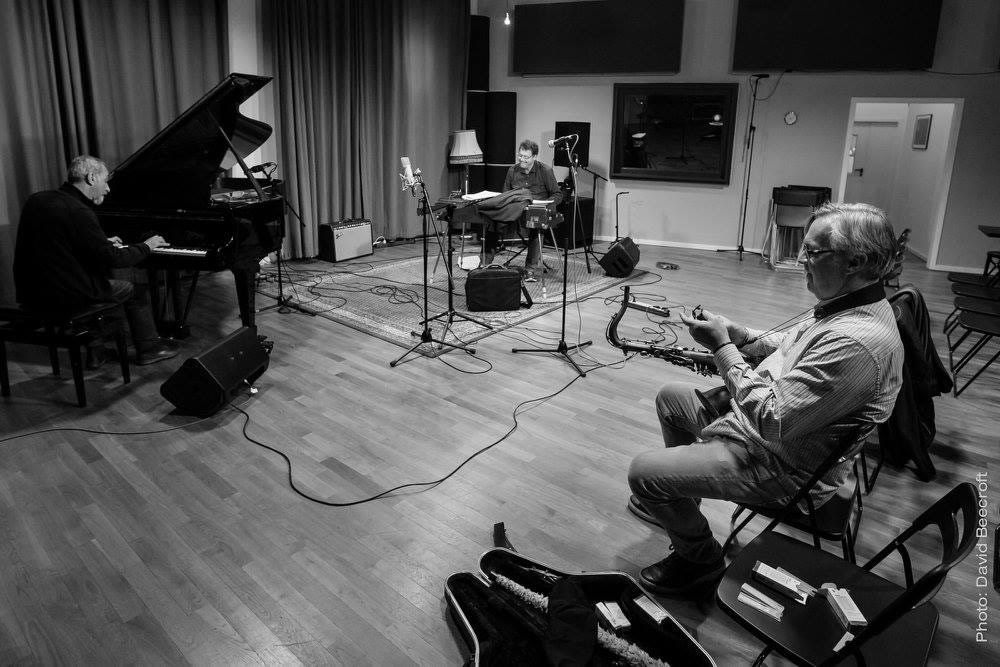
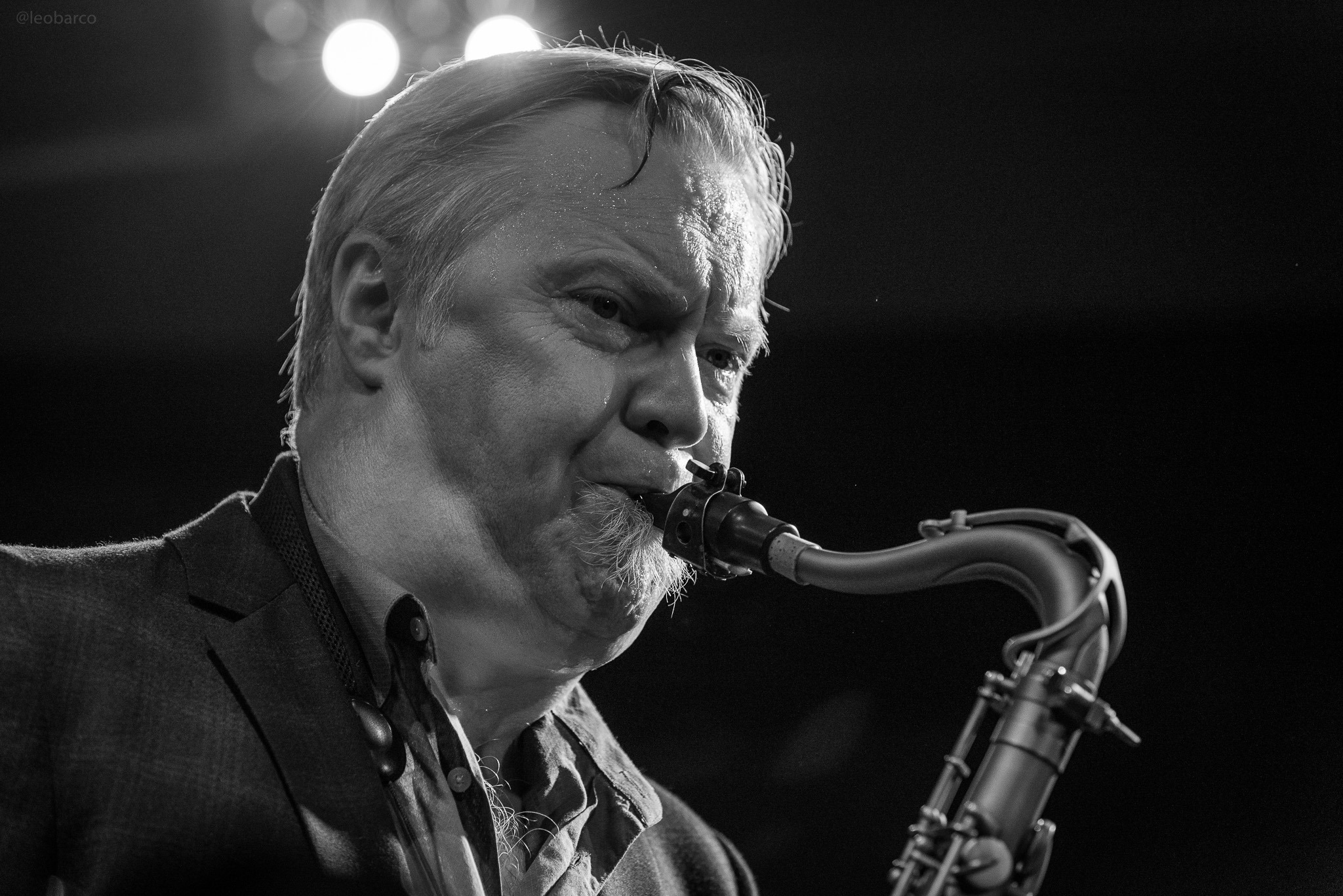
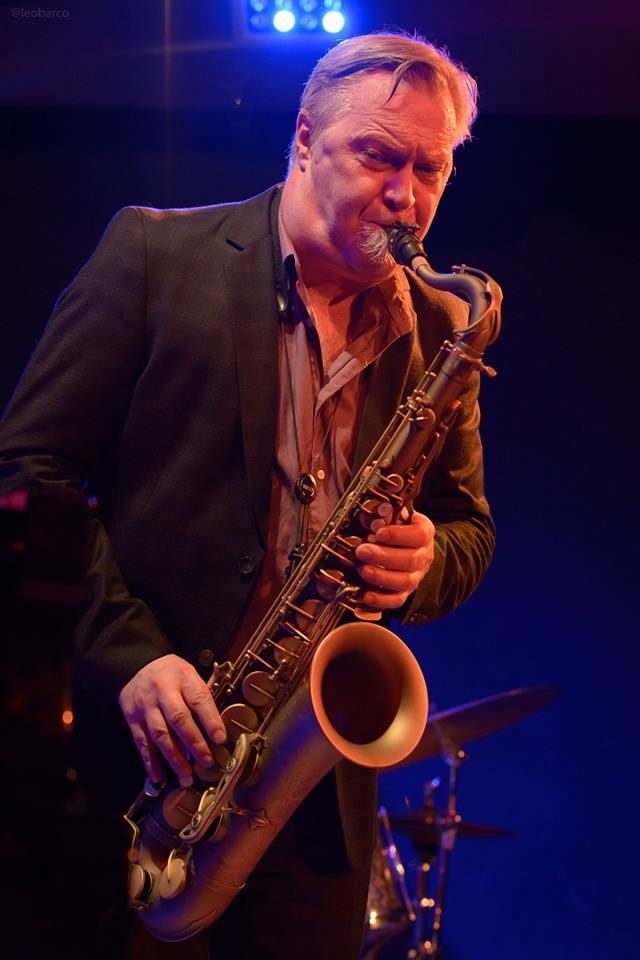
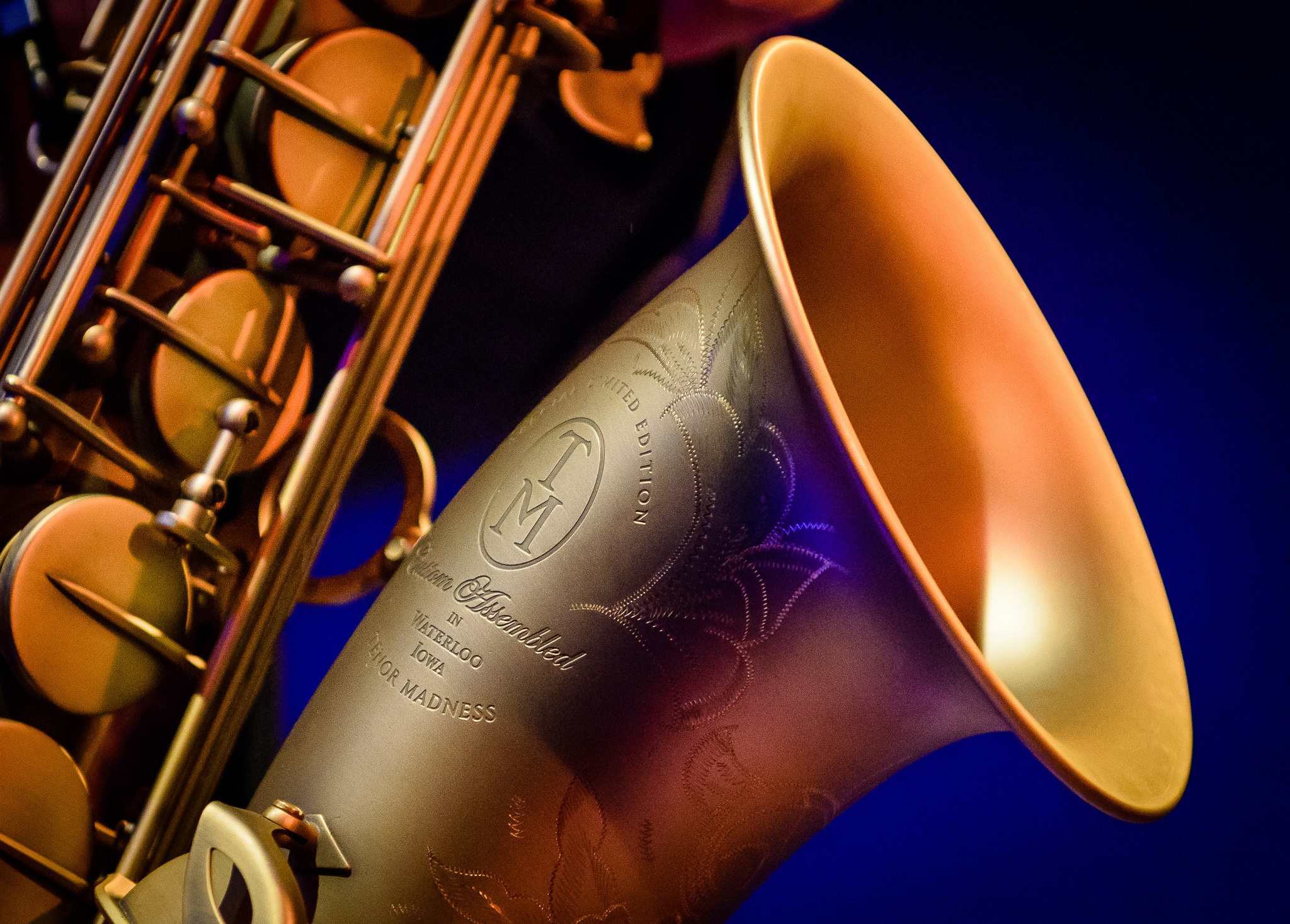
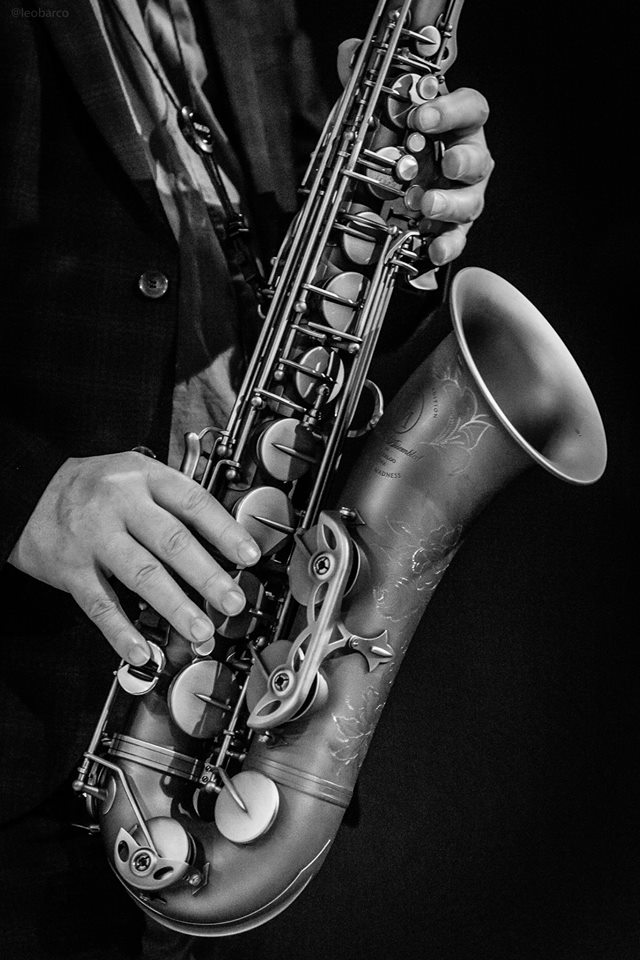
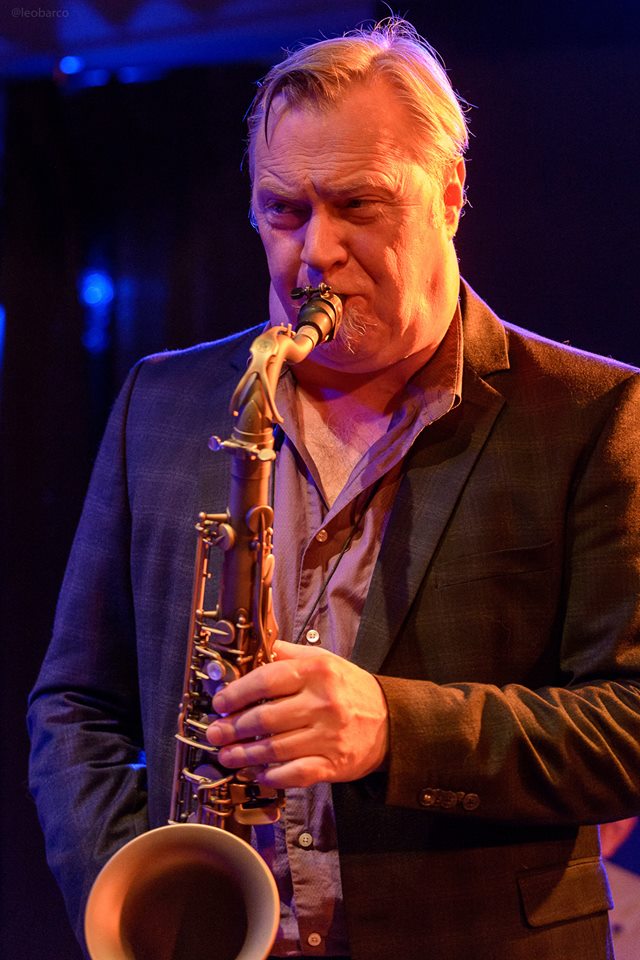

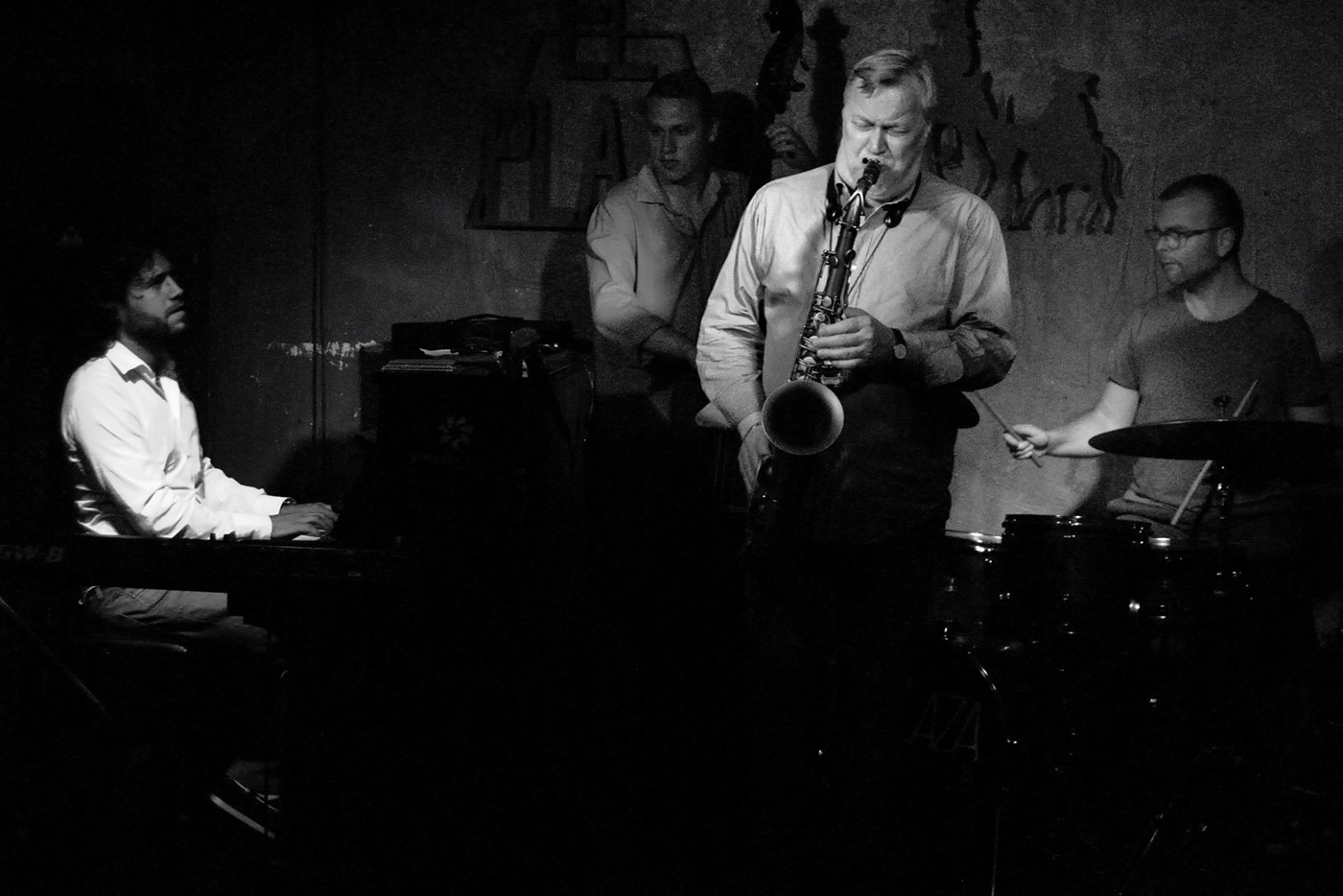
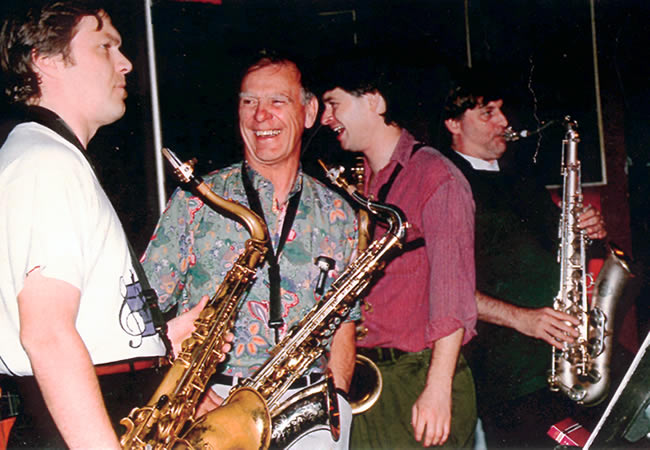
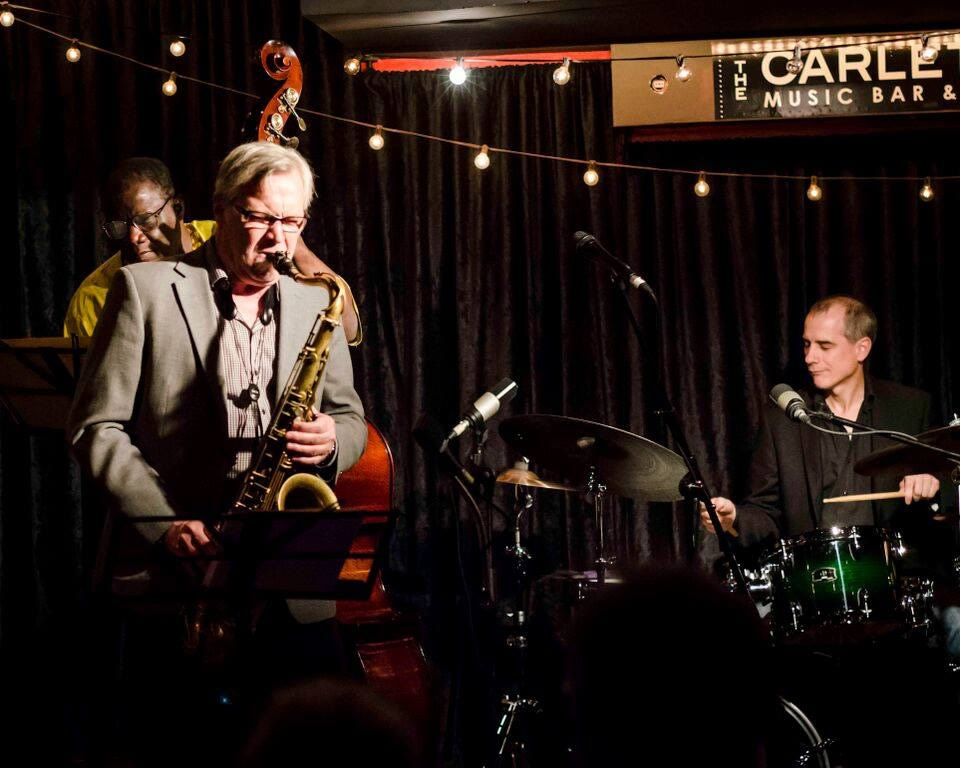

Comentarios recientes